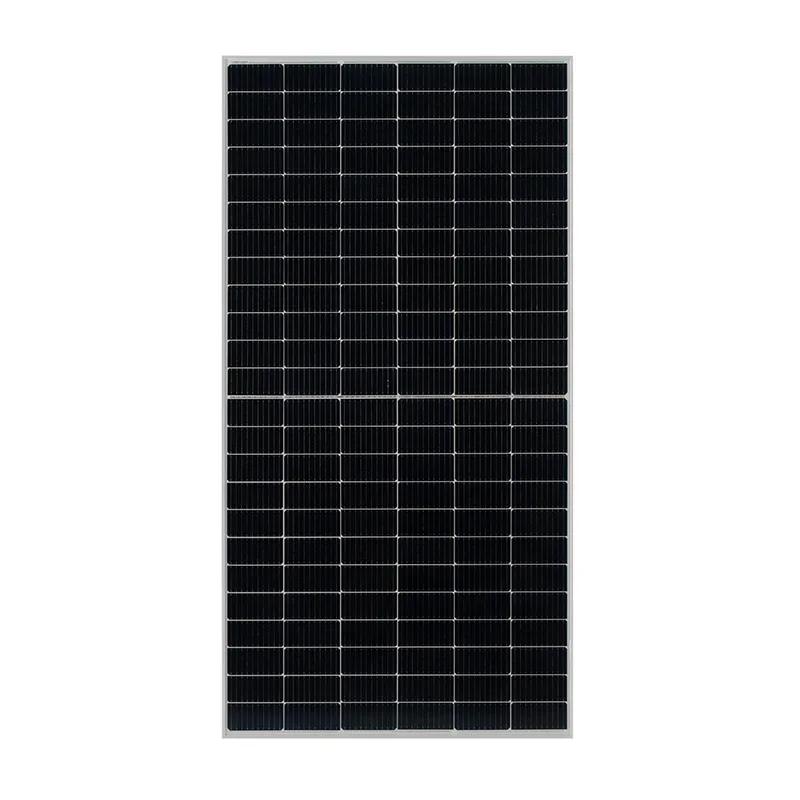solar panel kwh output
Understanding Solar Panel kWh Output A Comprehensive Guide
In recent years, the adoption of solar energy has surged, leading to a greater emphasis on understanding the kWh (kilowatt-hour) output of solar panels. This metric is critical for assessing the performance of solar energy systems, determining energy savings, and evaluating the return on investment for both residential and commercial installations. In this article, we will delve into what kWh output means, the factors that influence it, and how it can be utilized effectively.
What is kWh Output?
Kilowatt-hour (kWh) is a measurement of energy production or consumption over time. Specifically, one kWh represents the energy produced or used by a device consuming one kilowatt for one hour. In the context of solar panels, kWh output refers to the amount of electricity generated by the solar panel system in a specific period, typically measured daily, monthly, or annually. This figure is pivotal for homeowners and businesses as it helps them understand how much energy they can expect from their solar systems under various conditions.
Factors Influencing Solar Panel kWh Output
1. Solar Panel Efficiency The efficiency of solar panels plays a significant role in their kWh output. More efficient panels convert a higher percentage of sunlight into electricity, leading to greater energy production. Standard efficiencies for residential panels currently range from 15% to over 22%, with higher efficiency panels generating more kWh from the same amount of sunlight.
2. Location and Sunlight Exposure The geographical location of the solar panel installation directly affects its kWh output. Areas with higher solar irradiance, such as deserts or regions close to the equator, tend to generate more electricity. Moreover, the orientation and tilt of the panels can optimize sunlight exposure, thereby maximizing their output.
3. Shading Any obstruction causing shade on solar panels can significantly reduce their performance. Trees, buildings, or other structures can cast shadows on panels, leading to decreased energy production. Strategic planning is essential to mitigate shading effects, especially in urban areas.
4. Weather Conditions Weather plays an unpredictable yet crucial role in solar energy production. Cloudy days, rain, and snowfall can reduce kWh output. However, modern solar panels still generate electricity on cloudy days, albeit at reduced levels compared to sunny conditions.
5. System Maintenance Regular maintenance and cleaning of solar panels can impact their efficiency. Dust, debris, and bird droppings can diminish the amount of sunlight reaching the surface of the panels, thus reducing their kWh output.
solar panel kwh output

Calculating kWh Output
To calculate the expected kWh output of a solar panel system, one must consider the capacity of the solar array, average sunlight hours per day, and system losses. A simple formula can be applied
\[ \text{kWh Output} = \text{System Size (kW)} \times \text{Sunlight Hours (h)} \times \text{Efficiency Factor} \]
For example, a 5 kW solar system located in an area with an average of 5 sunlight hours per day (with an efficiency factor of around 0.75 to account for losses) would generate
\[ 5 \text{ kW} \times 5 \text{ h} \times 0.75 = 18.75 \text{ kWh per day} \]
The Importance of kWh Output
Understanding the kWh output of a solar panel system can aid consumers in multiple ways
- Energy Planning Assessing your energy needs alongside your solar system’s kWh output will help in determining if additional energy sources are necessary. - Financial Analysis The kWh output directly correlates with savings on electricity bills and can be crucial for calculating the payback period and return on investment. - Environmental Impact Higher kWh output means more renewable energy is being utilized, which is beneficial for reducing carbon footprints and promoting sustainability.
Conclusion
The kWh output of solar panels is a vital aspect of solar energy systems that influences performance, finances, and environmental benefits. By understanding the factors that affect this output, individuals can make more informed decisions regarding solar investments and maximize their energy savings. As technology advances and efficiency improves, the potential of solar energy continues to grow, underscoring its role as a key player in the global transition toward sustainable energy solutions.
-
Navigating Off Grid Solar Inverter: From Use Cases to Trusted PartnersNewsAug.05,2025
-
Solar Edge String Inverter: A Wholesaler’s Guide to Inverter Technology SelectionNewsAug.05,2025
-
Microinverters: Revolutionizing Solar Energy UseNewsAug.05,2025
-
Future of Monocrystalline Solar Panel Efficiency: Latest Technological AdvancesNewsAug.05,2025
-
Solar Panels for House: A Complete Guide to Residential Solar EnergyNewsAug.05,2025
-
Panel Bifacial Performance in Snow and Low-Light ConditionsNewsAug.05,2025







